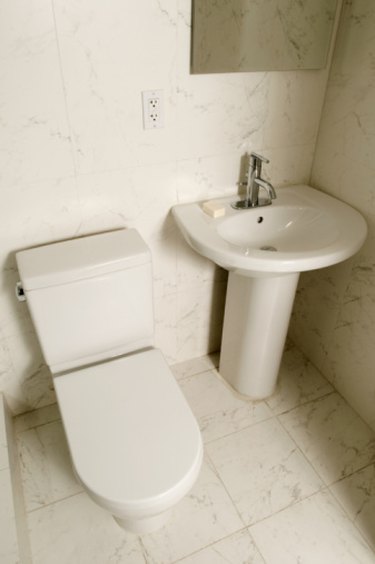
September 1, 2024
Giving Birth & Urinary Incontinence Urogynecology & Pelvic Health
Postpartum Urinary Incontinence Some women might go through a number of hormonal changes while pregnant, and they may question what took place to your body after giving birth. It prevails to observe loss of hair for a few months after the pregnancy. This is an indicator that the body is going back to its original state. We have several sources all about Kegels consisting of how to do them and how commonly, workout pointers and even more. Postpartum recovery can be a challenging period for brand-new mothers as they browse through the physical and psychological changes experienced post-childbirth. From recovery after distribution to adjusting to the needs of breastfeeding and caring for a newborn, there are many aspects to take into consideration. It prevails for brand-new moms to have concerns and concerns regarding postpartum healing, yet finding trusted details can be overwhelming. This can last as much as 6 weeks; longer if an injury or tear took place. Luckily, most postpartum signs deal with by themselves.Typical Postpartum Complications
Does infant move much more when bladder is complete?
Children go through waking and sleeping cycles. Some infants are more energised than others. Sometimes motions can be very awkward for an expecting mom. Infants constantly seem to kick and move more when their mother has a full bladder.
- The hormonal discrepancies result in excess emotions in ladies.
- Within a couple of hours, you will certainly be moved to the pregnancy ward.
- Consuming meticulously throughout the second trimester of maternity can help in preventing various difficulties such as premature birth, and preeclampsia.
- It prevails to observe hair loss for a few months after the maternity.
- Prevent utilizing tampons for as much as six weeks after birth as this can raise the chance of infection.
- New mommies require to wear complete coverage pads and women diapers to manage their urinary incontinence.
Way Of Life Modifications To Reduce Urinary System Incontinence
Prioritising physical and psychological self-care, obtaining support when required, and being notified regarding postpartum healing can all make Absorbent products a significant difference in the general experience. During pregnancy and shipment, the muscular tissues and tendons of the pelvic floor are extended. This compromises their support of the bladder and the urinary sphincter, a muscular shutoff, that manages urine circulation. Tighten your pelvic muscles as if you're raising the marble. Try it for three seconds at once, after that unwind for a matter of three. Develop to doing the exercise 10 to 15 times in a row, at the very least 3 times a day. After delivery, a mix of blood, mucus and tissue from the uterus comes out of the vaginal canal. The discharge modifications shade and minimizes over 4 to 6 weeks after a baby is born. The discharge then slows down and comes to be watery till it quits. Ladies that had bladder leakage during pregnancy are likewise most likely to experience urinary incontinence after shipment. If you require to learn what happens to body after giving birth, after that you require to be planned for some physical and psychological modifications. It is also typical to really feel pain and pain in pelvic locations. A lot of the female feels urinary incontinence for a couple of weeks of maternity. The doctor might recommend minute workout and diet regimen to soothe this discomfort. If injury results from a delivery, the damaged support of the bladder, rectum or womb might cause dropping of these body organs right into the vagina. Dropping of any of these body organs is called pelvic leisure, or prolapse. The muscle mass and sustaining cells that are above the vagina and that hold the bladder up are deteriorated or torn, enabling the bladder to drop down right into the vaginal canal. This protruding of the bladder into the vaginal area is called bladder prolapse, or a cystocele (see fig 1). The urethra, the tube that you urinate from, can additionally drop down. This combination of the adjustments in the normal setting of the bladder and urethra and the weakened nerve signals may interfere with the bladder function with resulting pee leakage. You should only do it if you're not planning on having any more children, because lugging a child will successfully undo the surgery. There is additionally a small surgical procedure with a 90% success rate for really strained females who feel they need to wear a pad on a daily basis, in any way times. Urinary urinary incontinence is what occurs when a little of urine unwillingly leaks out. It normally happens when a person sneezes, coughings, or laughs; or they can merely feel an unexpected desire to pee, yet they can not hold it in long enough to reach a bathroom on schedule. Consult your physician with inquiries concerning the administration and therapy of urinary system incontinence. 

Social Links